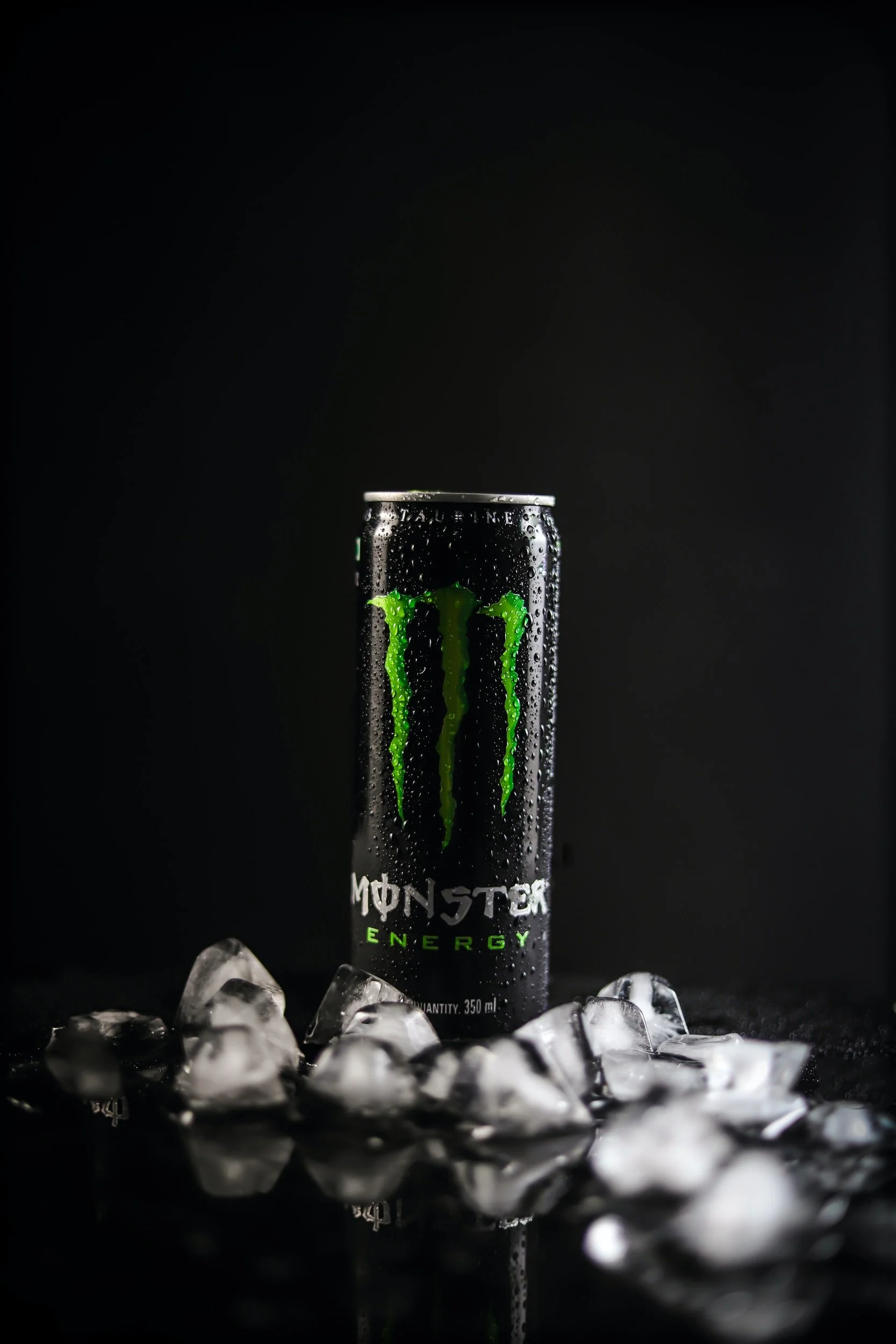How I Wrote a Short Story: “Death Squad Commander”
I think I finished writing a short story today. I’ve been working on it for a while.
It may not be completely finished. I may have to work on it some more. Maybe not, though.
It’s called “Death Squad Commander.” And I thought I’d write a little bit for Bloggie about how the story came together.
It started when I was talking to one of the neighborhood kids my daughters play with. I asked if I could see the toy she had, because I knew she would say no and get indignant. Little kids are like that, and I find it hilarious.
But then I wondered, what if I really did want her toy? What if I wasn’t kidding?
What, I wondered, if I saw a kid outside who was carrying around a really valuable toy that I could take from them and sell on eBay for thousands of dollars?
I did some googling, to see what such a toy might be. And I found exactly the thing I was looking for.
This is a real toy that people made.
The moment I discovered this Star Wars toy, called “Death Squad Commander,” I knew I would continue writing the story until it was finished. Finding it online was the point of no return.
Every story I end up finishing work on has a point of no return, a moment I can identify as the one in which I said, “Okay, yes. I have no choice but to pursue this until it’s done.”
The toy, which was made briefly in the late seventies, is worth something like $6,500. Every time I looked at the photo of it online I got hysterical.
So I wrote a quick draft of a story in which a deranged man sees a kid outside holding a Death Squad Commander toy and then in the ensuing days tries to take it from her in several ways. None of them work.
Everything was going fine, I guess. It was turning out to be a quick, 2,000-word comedy piece, or something like it, about an idiot who wants something and can’t seem to get it. Like a Wile E. Coyote cartoon but with human beings.
As I was writing it, the Fourth of July was approaching, and that reality made its way into the story.
It seemed only natural that it should do that.
If you grew up in America, and had action figures, at some point in your youth it’s not unlikely that someone, maybe you yourself, tied a firework to an action figure and used it to melt the toy until it became unrecognizable, or at least had a hole in its face.
As I worked on the story, on certain mornings and evenings, fireworks were going off throughout my neighborhood, because when people have fireworks they can’t wait until the Fourth to set them off, and even after the Fourth they continue traumatizing dogs and sensitive people by exploding them in the street.
I realized, as I heard those bursts and saw the flames in the sky, that I was being handed a climax to the story.
The protagonist, of course, cannot ever manage to get the Death Squad Commander. He has to be thwarted, just like Elmer Fudd can never successfully shoot and eat Bugs Bunny.
I decided that the narrator must instead watch as the Death Squad Commander is destroyed by older kids from the neighborhood who have fireworks. At that point, when its face is melted, it loses its value both to him and to the girl he was trying to take it from. Both their hearts are broken, for different reasons.
So that was pretty cool. I knew how to end the story, and so I did that.
But once I’d incorporated that element into the story—once I’d written that climax—I found I’d allowed bigger things into the story than I’d bargained for.
Among other things, I now had to write an ending where the protagonist feels something. He looks into the eyes of this little girl who was his enemy, and he sees his pain reflected in hers.
That’s not the sort of thing you’ll see in Looney Tunes; my little comedy thing couldn’t handle even that much depth; the short story was transforming from a goofy thing I thought it would be fun to write to something that threatened to carry at least a modicum of significance. The nature of the story changed; its scale increased; I’d have to make it longer, at the very least, in order to accommodate its new elements.
I couldn’t let the narrator be some weird idiot who wants to steal toys from children because he’s an asshole. I had to give him at least some complexity. I had to make him someone the reader would want to accompany as they make their way through a longer, more robust narrative than what it was previously.
I won’t go too much into how I did that, mostly because I doubt anyone has continued reading this thing past the first paragraph.
But rather than change the nature of the narrator too much, like having him start the story by thinking profound things about America and life and what the Fourth of July means to him—which was one option for making the story more substantial—I made the people around him a little more interesting, a little deeper, more likely to challenge the simple ways in which he sees the world.
I engaged him in a conversation with the little girl’s mother, partway through the story, in which she tells him how she sees certain holidays as occasions for rationalization—not things to celebrate, but challenges that she must think her way through. No one’s feeling good about America this Fourth of July, and so she says the holiday is a prompt for her to be thoughtful about how she fits into the country. And I made her Canadian, in order to complicate things further in a way that wouldn’t require me to add much new material. It’s an especially pressing issue for her, as an immigrant, to see her relationship to America with clarity; the question gains a certain urgency that way.
The narrator internalizes that throughout the story, and finds himself at the end having watched the Death Squad Commander be destroyed. It’s Independence Day, and he’s drunk and more miserable than ever. He’s been defeated. Now he’ll go watch some boring fireworks and think about how he fits into the world he’s stuck living in.
At least, that’s where things stand now. I may still revise the thing, but probably not. I’ve got other stuff going on.
Is it a good story? I don’t know. I can never tell if the things I write are any good.
But I wanted to document, mostly for my own sake, really, how this story came about. Because this process is a big part of what I keep coming back to writing for.
I want, of course, to publish what I’ve written; I’d love to get paid for it; and I want people to read it, because I believe that what I’ve made is good and worth everyone’s attention. I could be wrong about that, but what can I do?
The thing that keeps me coming back to writing, though, particularly short stories, is this process, the way I’m routinely confounded as I go about work that is by now very familiar. I’ll start out, every time, thinking I’m writing something straightforward, something that will move in a straight line. But it never happens that way. The path the story takes is a long meander, the sinuosity of which is hidden from the reader, or at least obscured, by the its ultimate formal cohesion. I look at “Death Squad Commander” and see a patchwork, but with any luck the reader will see a coherent, cohesive work of art.
Sometimes I say I enjoy writing. And I really do enjoy it.
I don’t like it when the things I write are bad—when I write and write and never find the point of no return, which happens a lot of the time. And I won’t like it if it turns out “Death Squad Commander” is not a particularly good story, which is really not unlikely. But there’s something that feels right about this work, about engaging in this process of making something and learning what that thing is in the course of making it.
———
It was really hard to know what to bring to Bloggie this morning, when it’s become a routine thing that people get shot to death in and out of their houses.
Like, when I go to the store later, someone might shoot me in the face. If they do, it will be someone I don’t even know.
It didn’t used to be like that. It used to be, they’d have to use bows and arrows. Or slings.



